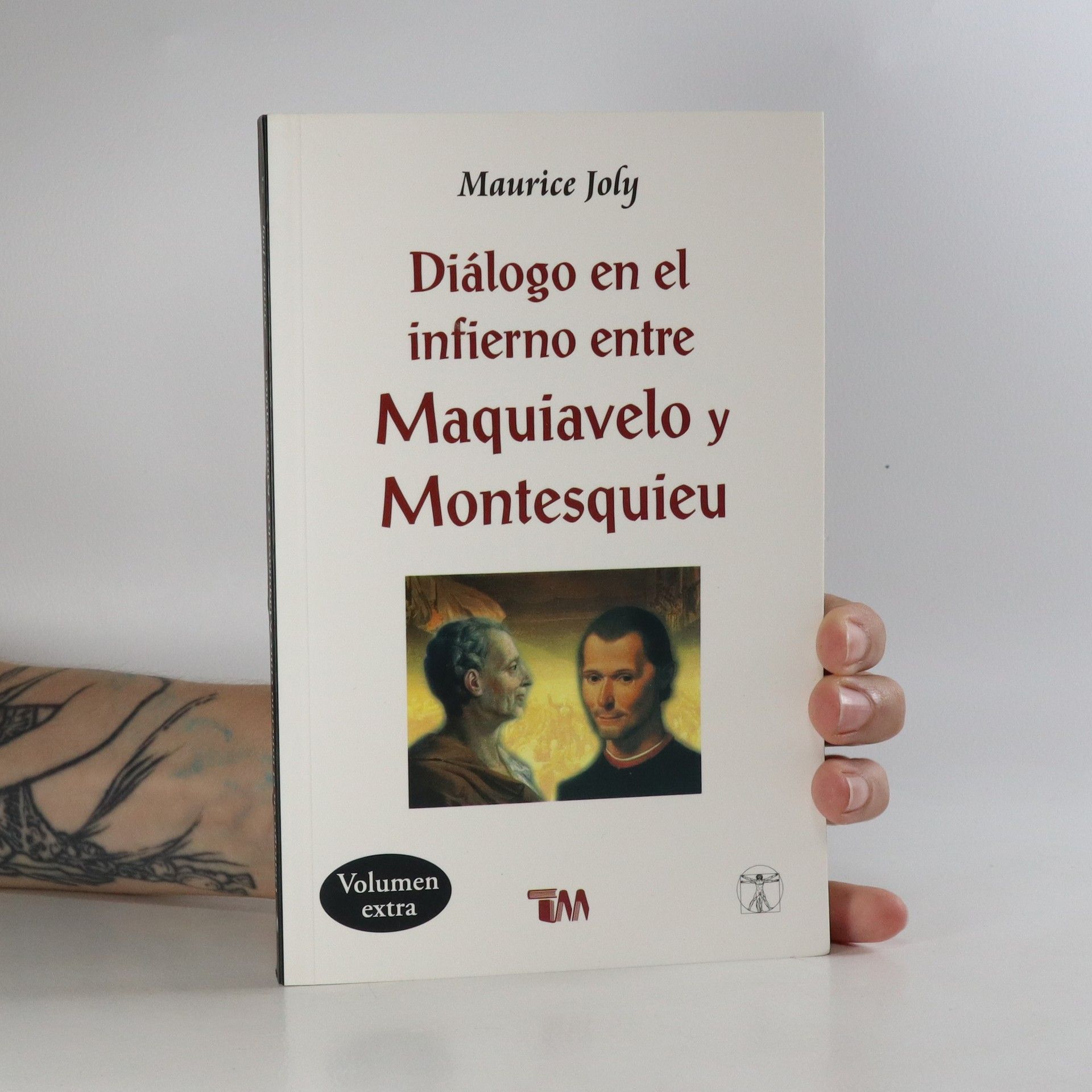Diálogo en el infierno Maquiavelo y Montesquieu
- 218 stránek
- 8 hodin čtení
Tento autor prozkoumává složité vztahy mezi mocí a etikou, často prostřednictvím dialogů, které osvětlují skryté motivace a filozofické argumenty. Jeho psaní se vyznačuje bystrým pozorováním politických mechanismů a hlubokým zamyšlením nad povahou vládnutí. Vyniká ve vytváření působivých konfrontací myšlenek, které nutí čtenáře kriticky zhodnotit vlastní názory na spravedlnost a autoritu. Jeho dílo je svědectvím o přetrvávající relevanci klasických politických filozofií v moderním světě.




Wer nach oben will, muß vor allem die richtigen Fähigkeiten haben: Er muß sich verstellen können, die Interessen und Schwächen seiner Mitmenschen richtig einschätzen und ausnutzen, Helfer und Beschützer mobilisieren und im geeigneten Moment das Lager wechseln können. Hellsichtig und zeitlos beschreibt Maurice Joly in seinem 'Handbuch des Aufsteigers' aus dem Jahre 1867 den Weg zu Ruhm und Macht.